
A lively, youthful atmosphere, experienced lecturers, inspiring panels, enlightening insights, and fun networking opportunities is how we would describe the first edition of the BlackSeaChain conference organized by the Quanterall team and sponsored by major local and international industry players like NEXO, INDUSTRIA, ReCheck, Ambire, LimeChain, WeiChain, and Hack.
Both tracks - business and tech - were filled with highly relevant content ranging from CBDCs and Byzantine fault-tolerance to multichain bridges, next-generation smart contract-based wallets, and miner extractable value.
.jpg)
It was curious but largely unsurprising to note that mentions of regulation and taxation were omnipresent in many of the talks and informal conversations. What’s more, almost two hours of stage time was dedicated to regulatory and taxation topics. Let’s briefly review that part.
The first time crypto asset regulation entered the BlackSeaChain spotlights was during the Regulating DeFi: Challenges and Opportunities panel which I moderated.
The panelists included members from the top pro-crypto lobbying initiatives on the European Union level - Blockchain for Europe and the European Union Crypto Initiative (EUCI).
.jpg)
Vyara Savova is a Public Policy Expert at the European Crypto Initiative, a non-profit that aims to shape EU regulation in favor of open, permissionless, decentralized applications leveraging blockchain technology. Vyara is also Human Rights & Web3 Lawyer and Legal Communications Expert. The EUCI recently received support from top crypto industry players including the Ethereum Foundation, Cosmos, and MakerDAO.
Robert Kopitsch is Secretary-General to Blockchain for Europe, an organization that represents international blockchain industry players like Binance, crypto.com, AAVE, and Ava Labs at the EU level, and also a Senior Policy Advisor at the DeFi Education Fund based in Washington DC, whose mission is to educate policymakers about the benefits of decentralized finance and to achieve regulatory clarity for the DeFi ecosystem. These two roles made Mr. Kopitsch intimately familiar with policy developments on the European level and made him a perfect contributor to my panel.
.jpg)
A recording of the panel will soon be available, but as a sneak peek - we discussed MiCA, the TFR, the new AML authority, Tornado Cash, compliance burdens on DeFi founders, and the need to “lawyer up” or at the very least to get an opinion about the regulatory exposure of your crypto project sooner rather than later.
The second opportunity to learn about topics that were until recently considered taboo in the crypto space, I am referring to taxation in particular here, was during Antonia’s presentation about Classification and Taxation of Crypto Assets on the conference’s second day (business track).
.jpg)
Toni defined the most appropriate legal terms to use when discussing crypto assets, how to properly classify them, what types of taxpayers are there, and what are the 13 types of taxes that may be applicable to blockchain-based assets.
.jpg)
Finally, we had a stellar team of Bulgarian legal professionals from Kambourov & Partners, the Arbitration Court of the Bulgarian Chamber of Commerce, and Ernst & Young Law Partnership who disregarded the dogma of “chairs during panel discussions” and roamed the stage while discussing the legal standing, implementation obstacles, and opportunities around smart contracts in bilateral and multilateral relations in the country.
The panel was an outstanding, clear-headed review of the clash between an archaic, but reliable legal system that accounts for the interpretational subjectivity of contractual relations and the rigidity of smart contracts on the background of their high execution efficiency.
.jpg)
We are grateful to Gergana Varbanova, Irina Yaneva, Mario Arabistanov, and the moderator - Maria Apostolova for the excellent discussion and their work on bringing blockchain technology and law practices closer together.
That’s it! We hope that the #BlackSeaChain conference will become a yearly tradition and will continue to be a temporary home for some of the best minds in the crypto assets space from the region and internationally.




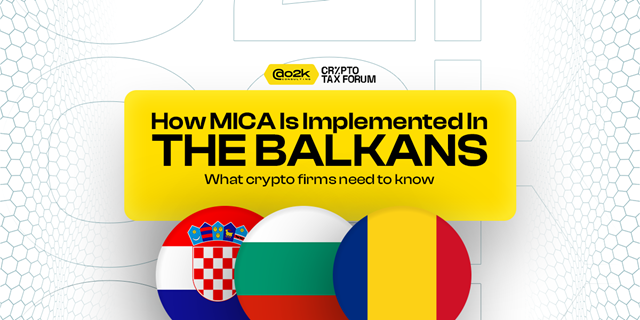

.png)

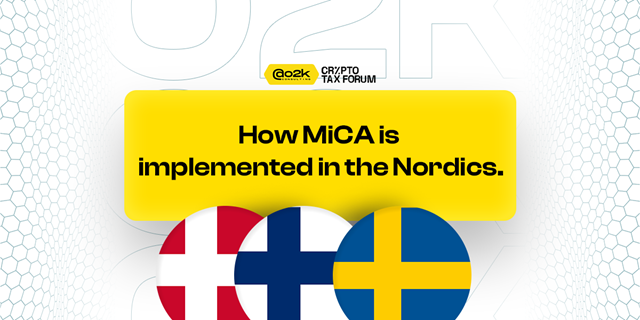


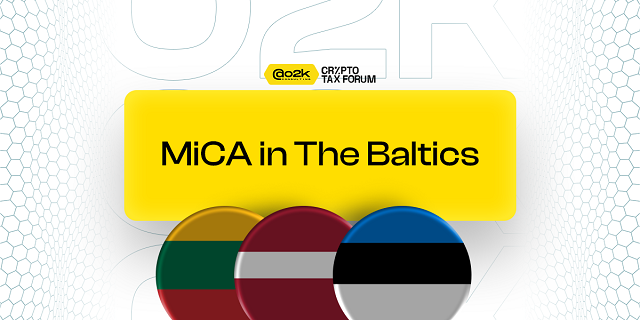
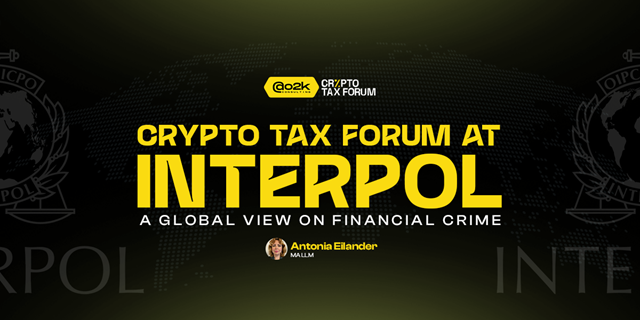
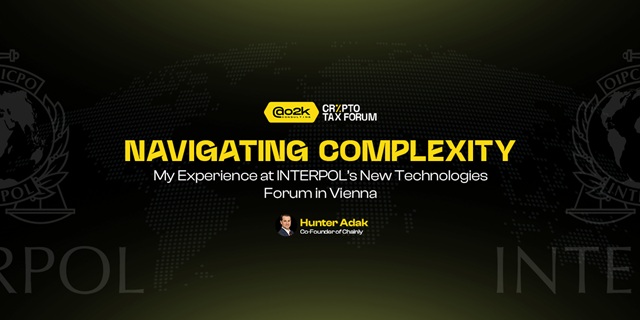



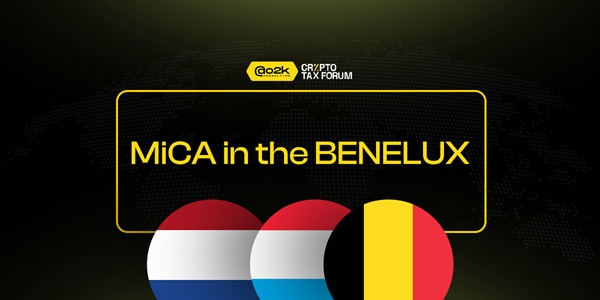
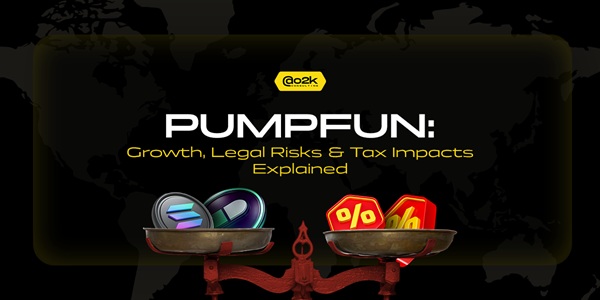











.jpeg)


























.jpg)




































